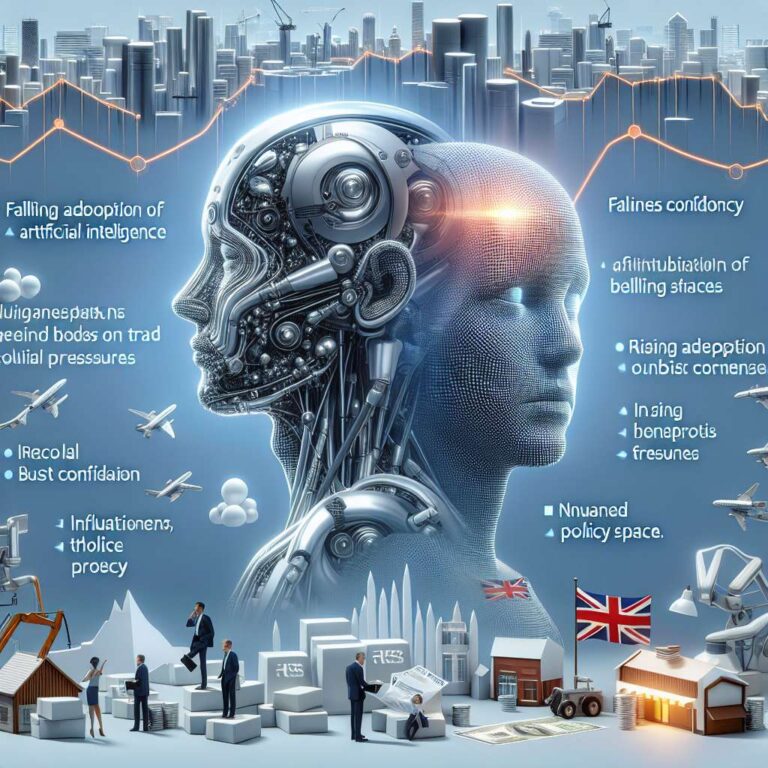UK business sentiment weakened sharply as the Institute of Directors reported confidence fell to a new record low in September amid concerns over rising costs. The British Chambers of Commerce warned that inflation at 3.8 percent in August continued to pressure firms, while the Bank of England kept interest rates unchanged at 4 percent with inflation still nearly double its target. Household finances remained strained, with the Resolution Foundation stating families would be £20,000 richer had income growth continued its 2005 trend, and separate analysis showing energy bill arrears with no repayment plan have more than tripled since 2012.
Policy and compliance also moved up the agenda. The Low Incomes Tax Reform Group urged digitally excluded taxpayers due to start using Making Tax Digital for Income Tax to consider applying for an exemption. Chancellor Rachel Reeves was urged to cut National Insurance contributions and raise Income Tax to level the playing field on pay, and the Treasury signalled it will examine business rates cliff edges on second premises that can deter small firm expansion. The government opened a voluntary Covid support repayment window for recipients who wish to return funds they did not need, with no questions asked.
Trade and technology developments featured prominently. A World Trade Organisation report said Artificial Intelligence could lift the value of cross-border flows of goods and services by nearly 40 percent by 2040 if key gaps are bridged, while 35 percent of small and medium-sized enterprises now report actively using Artificial Intelligence, up from 25 percent in 2024. On the consumer and retail front, the Association of International Retail estimated the UK is losing almost £2 billion a year following the removal of VAT relief for tourists. In property, Santander research put the annual cost of failed housing transactions at a minimum of £1.5 billion.

